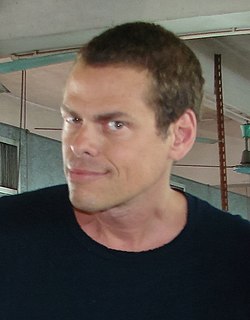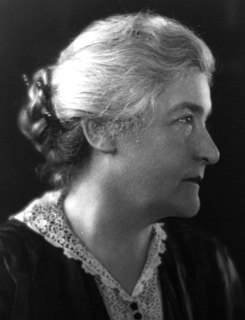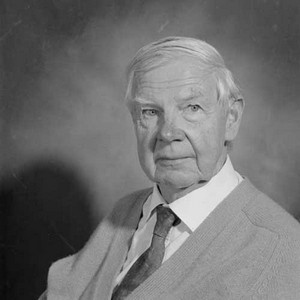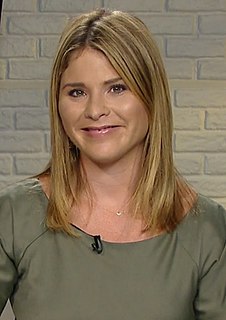A Quote by E. O. Wilson
The education of women is the best way to save the environment.
Quote Topics
Related Quotes
The key to the trap is, of course, education. The feminine mystique has made higher education for women seem suspect, unnecessary and even dangerous. But I think that education, and only education, has saved, and can continue to save, American women from the greater dangers of the feminine mystique.
Women while in college ought to have the broadest possible education. This college education should be the same as men's, not only because there is but one best education, but because men's and women's effectiveness and happiness and the welfare of the generation to come after them will be vastly increased if their college education has given them the same intellectual training and the same scholarly and moral ideals.
We are human behind and this part of our human nature that we don't learn the importance of anything until it's snatched from our hands. In Pakistan, when we were stopped from going to school, and that time I realized that education is very important, and education is the power for women. And that's why the terrorists are afraid of education. They do not want women to get education because then women will become more powerful.
Learn how to cook! That's the way to save money. You don't save it buying hamburger helpers, and prepared foods; you save it by buying fresh foods in season or in large supply, when they are cheapest and usually best, and you prepare them from scratch at home. Why pay for someone else's work, when if you know how to do it, you can save all that money for yourself?
The best way to deal with AIDS is through education. So we need a really widespread AIDS education program. In fact, what we need in Burma is education of all kinds - political, economic, and medical. AIDS education would be just part of a whole program for education, which is so badly needed in our country.
By giving women training to sue a company for a 'hostile environment' if someone tells a dirty joke, we are training women to run to the Government as Substitute Husband (or Father). This gets companies to fear women, but not to respect women. The best preparation we can give women to succeed in the workplace is the preparation to overcome barriers rather than to sue: successful people don't sue, they succeed.
I believe that women are rising to the occasion to tackle many challenges. Whether it's issues that relate to prosperity, the defense of country, the economy of our country; issues that have traditionally been considered women's issues like health and education and the environment are now being defined in terms of our national strength. So I think women have made a big difference in putting things in perspective.
Even in decision-making, we work in self-help groups. That is women coming together in small groups of 10 to sometimes 15 women, where they start to get education about their rights, about clean water and sanitation, about how to have a healthy birth. You can bring in all kinds of education to them that way.





































